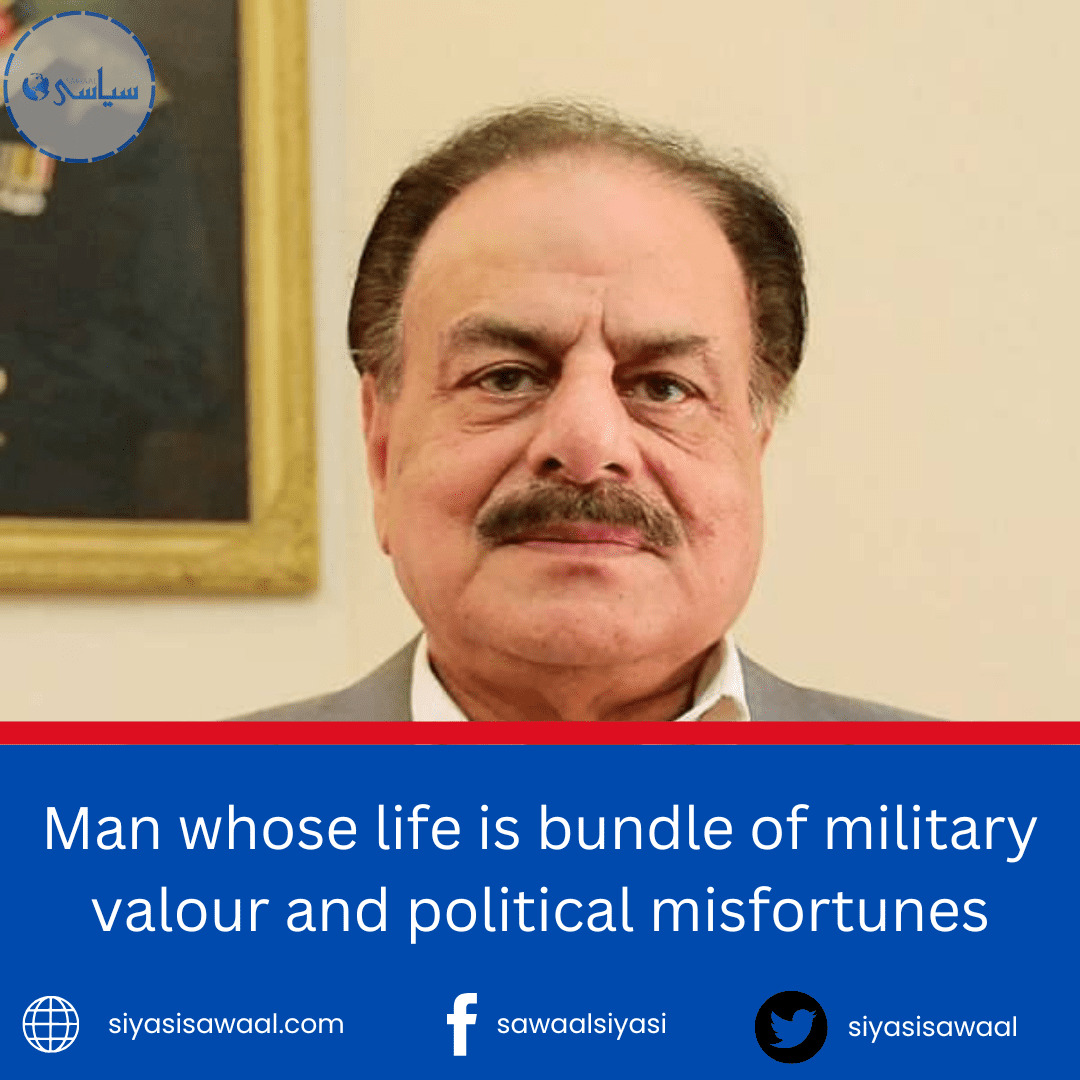Hamid Gul biography
Hamid Gul biography narrates the story of a man whose life is a bundle of military valour and political misfortunes. An important player in the Soviet-Afghan War and chief of Pakistan’s Inter-Services Intelligence, Gul commanded respect as a military leadership but was a victim of considerable setbacks in his political ideology.
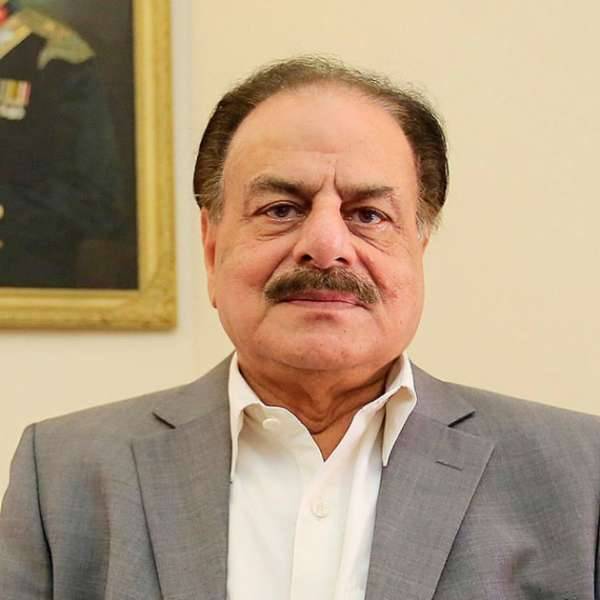
While brilliant and courageous battlefield performance, the same was followed by controversies and rigidity in political life that led to his loss in the game of political chess. This article goes deep into the Hamid Gul biography and a look into his early life, his military career and what went wrong in politics.
Born:
Lt. Gen. Hamid Gul was born on November 20, 1936, in Sargodha, Punjab. Hamid was born into military family, which had instilled a sense of duty and patriotism in his blood since very tender years of his life. He spent his childhood in Pakistan, building a strong character with much discipline and dedication to serving his nation. He was educated in Pakistan Government College Lahore and then at Pakistan Military Academy in Kakul.
This became gradually manifested in the Pakistan Military Academy itself recognized the military talent of Hamid Gul. To be able to show his academic results had added to leadership qualities, this came at graduation time when a commission was bestowed upon him by the Pakistan Army as a Second lieutenant, this was late in the 1950s.
Early Life and Education
In the early years of his life, Gul had a particular interest in strategy and military tactics. His education was quintessential for his making as a soldier who would face challenges. Having completed the initial studies at Government College Lahore, he joined the Pakistan Military Academy for training among future military leaders of the country. But perhaps above all, this quality in the PMA had been whipped into an ascetic discipline, an unremitting training in gallantry, discipline and duty that should have made his career memorable.
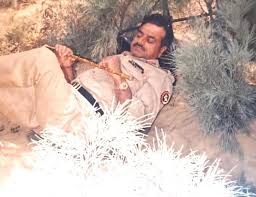
Hamid Gul graduated from PMA and commissioned in Pakistan Army. He was appointed to a number of infantry regiments whereby he got his baptism of fire in commanding troops. The early years of his military life involved him in several internal and border conflicts which honed his acumen as a strategist and commander.
From Soldier to Spy Master
The most dramatic periods of Hamid Gul biography, He headed the Inter-Services Intelligence of Pakistan. His period in the position of the General Director of the ISI from 1987-1989 was critical for his personal career and the establishment of Pakistan as such in the context of global geopolitics. It was the time of the Soviet-Afghan War when Pakistan was an active force to support Afghan resistance forces called the Mujahideen.
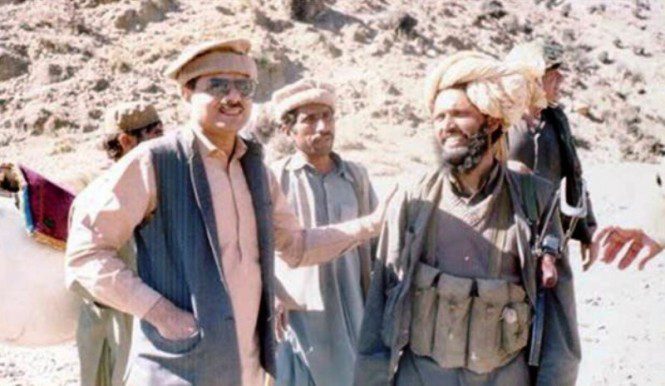
This victory to many Pakistanis and their allies-in particular the United States and Saudi Arabia-made him an instant hero. He commanded respect and instilled fear with his military capabilities and the capacity to go through the maze of international relations.
But while his military services to the Soviet-Afghan War were beyond any shadow of a doubt, his post-ISI career, with subsequent forays into politics, constitutes a very different story. Indeed, after his retirement from active military duty, Hamid Gul flung himself headlong into politics to attain the status of an influential commentator on national defence and foreign policy.
The Political Downfall
Hamid Gul biography is something of a complete contrast to that of the most successful generals since he stepped into the political fray. Quite literally, his transition from the military leadership into a life of politics was riddled with missteps that were to be his downfall in politics.
Fundamentally, the politics of Gul emanated from his military background and strong nationalist ideology. His thinking on foreign policy, especially vis-à-vis Afghanistan and Kashmir, was genuinely impregnated with Islamic nationalism and anti-Western sentiments.
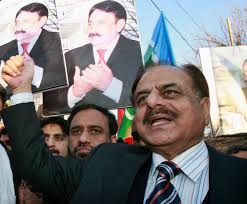
Yet these positions, while appealing to parts of Pakistan’s population, were deeply polarizing. The loud renunciation of democratic governance, let alone his calls to increase the military’s role in politics, did not make him very popular among Pakistan’s civilian leaders either. This was particularly problematic for any pro-military intervention in civilian matters from Gul, in a period when Pakistan was attempting democratization processes.
Moreover, the political alliances of Hamid Gul were not strong. He could not get any worthy alliances with any major political party like the PPP or PML-N. His extreme views regarding Islamic fundamentalism estranged him from the more moderate factions of Pakistani politics. His constant diatribe against the civilian governments of Pakistan and persistence for the supremacy of the military in politics further tarnished his reputation as a potential political leader.
Afterlife:
Hamid Gul was always a powerful presence in Pakistani public life even after political reverses. He continued to beam into living rooms from Pakistan’s many television channels. He wrote columns in which his strident views on matters ranging from Pakistan’s defence, to its foreign policy, to the security of the region are quoted widely. But he remained restricted to just that a political commentator beneath the stature of a chief in-charge.
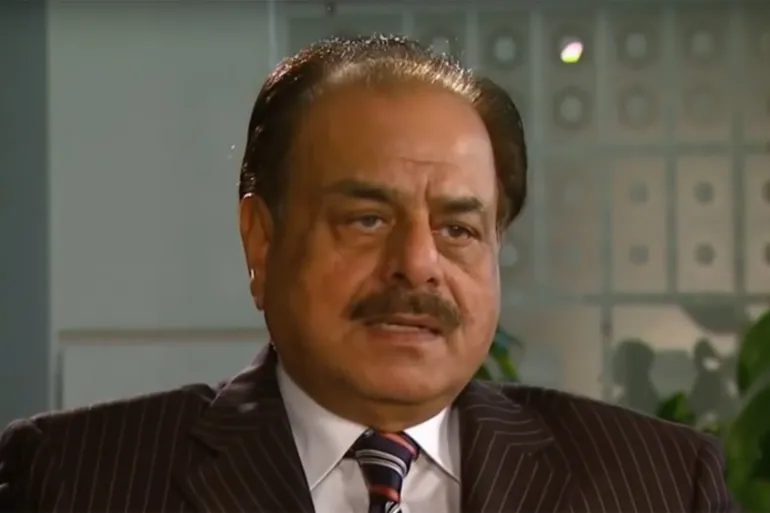
His association with Islamic fundamentalist outfits and open advocacy for the Taliban in Afghanistan finally nailed his image as divisive. As time went on, his message only appealed to the most extremist elements in Pakistani society, and the rest looked upon him as a dinosaur from the dark ages.
Final Days: Legacy of Contradiction
Hamid Gul died of a brain haemorrhage at the age of 78 on August 15, 2015. Thus, it brought Hamid Gul biography to an end. His funeral was given full state honors as thousands came to pay their respects for his services to save Pakistan. On the other hand, however, it marked the end of a man who was marred by controversy.
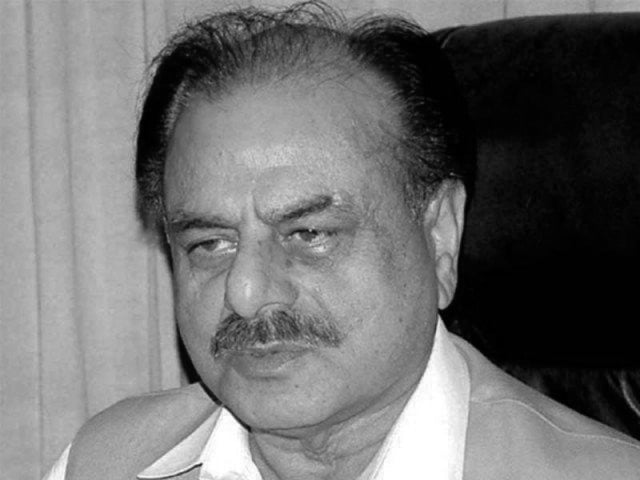
His political influence was seldom in question and fairly minimal, with there always seemingly a sense of friction at the thought of him trying to integrate civilian life. He was surely one of the bravest among his peers in military leadership, did much to help Pakistan see victory in the Soviet-Afghan War, and left behind an iconic niche in military history.
